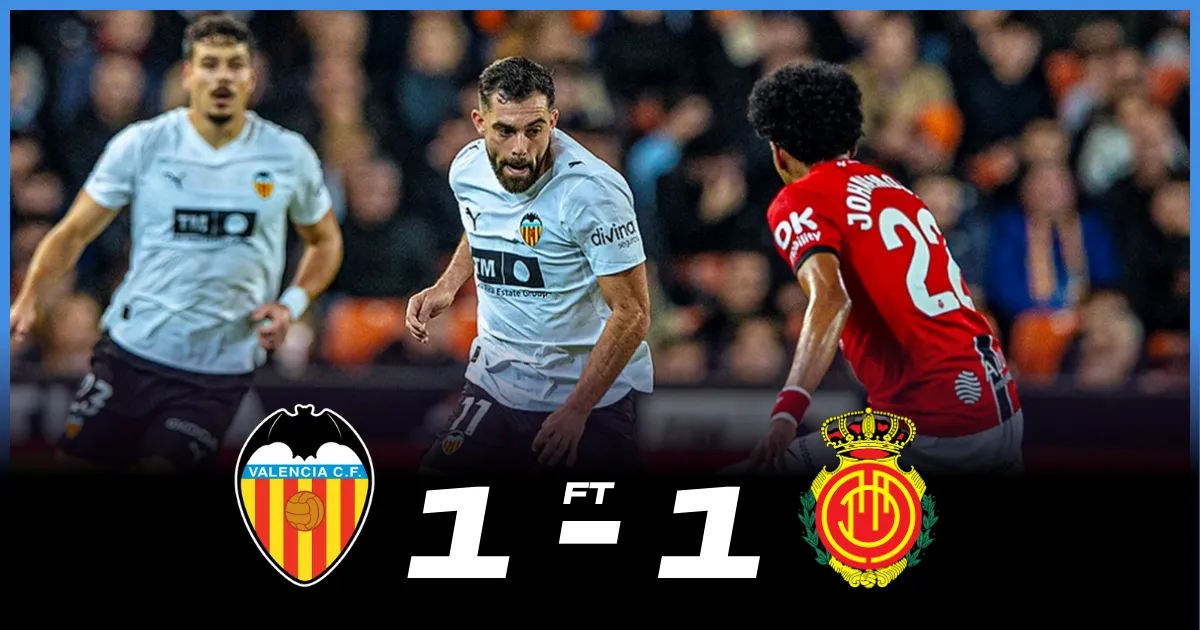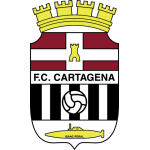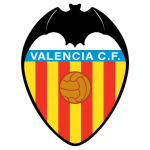Valencia Club de Fútbol are one of Spain's most successful football clubs, with a rich and well-documented history. The club, often referred to as Los Che, have won multiple domestic titles, including six La Liga championships and eight Copa del Rey titles. They also have a notable history in European competitions, as they have won the UEFA Cup Winners' Cup and two Inter-Cities Fairs Cups. A significant part of their history includes reaching the UEFA Champions League final in consecutive seasons, in 2000 and 2001. Valencia CF will compete in one of the best leagues in the world, La Liga, in the 2025-26 season.
In terms of their current form, Valencia finished 12th in the 2024-25 La Liga season. They have started the new 2025-26 season with a 1-1 draw against Real Sociedad. The team are currently managed by Carlos Corberan. Valencia CF's recent performance reflects a club in transition, indicating financial challenges while focusing on developing young talent from its renowned academy. This youth-focused approach has produced several notable players who have gone on to have successful careers both in Valencia CF and elsewhere.
Valencia Club de Fútbol have a rich and documented history, evolving from a local club to a national and European powerhouse. Valencia CF was officially founded on March 18, 1919. The club's first-ever president was Octavio Augusto Milego Díaz, who was chosen by a coin toss. Valencia's first home ground was the Algirós stadium, but in 1923, the club moved to their now-iconic home, the Mestalla stadium. The first two decades were marked by success in regional championships, which helped to earn Valencia CF a spot in the Copa del Rey, Spain's top domestic cup competition.
The 1940s are considered Valencia's first glory days. This was led by the legendary electric forward line, which included star players Epi, Amadeo, Mundo, Asensi, and Gorostiza. The club won its first Copa del Rey in 1941. This was followed by their first three La Liga titles in the 1941-42, 1943-44, and 1946-47 seasons, which helped them to establish their status as a major force in Spanish football.
The 1950 season saw Valencia adding another Copa del Rey trophy, but the 1960s were all about European success. The club won the Inter-Cities Fairs Cup, crowned as the champions of the UEFA Cup, now Europa League, in consecutive seasons, 1961-62 and 1962-63, defeating FC Barcelona and Dinamo Zagreb, respectively.
In the 1970s, under the management of the great Alfredo Di Stéfano, Valencia won its fourth La Liga title in 1970-71. The arrival of Argentine superstar Mario Kempes in 1976 marked a new era of success. El Matador became a threatening goalscorer, leading the team to a Copa del Rey victory in 1979 and the European Cup Winners' Cup in 1980.
The 1980s were a difficult period for the club. After a period of decline, Valencia CF was even relegated to the Segunda División in 1986. They quickly earned promotion back to La Liga and, with a new leadership, began to rebuild. The 1990 a gradual return to form, with a Copa del Rey win in 1999 and the signing of key players like Gaizka Mendieta and Claudio López.
The beginning of the new era brought one of the most successful periods in the club's history. Under coach Héctor Cúper, Valencia CF reached the UEFA Champions League final in 2000 and 2001, though they were runners-up on both occasions. The peak of this era came with coach Rafael Benítez. In the 2003-04 season when Valencia achieved a historic double, winning both La Liga and the UEFA Cup. They followed this up with a UEFA Super Cup victory in 2004.
Since then, the club have experienced a mix of highs and lows. They added another Copa del Rey in 2008 and, more recently, in 2019, celebrating their jubilee year with a major trophy. The club have been home to countless legends, including the all-time top scorer, Mundo, the iconic Mario Kempes, the talented Gaizka Mendieta, and the brilliant David Villa and David Silva. Valencia CF history is proof of their resilience and passion.




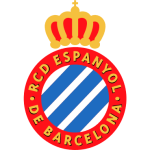




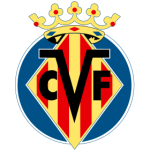



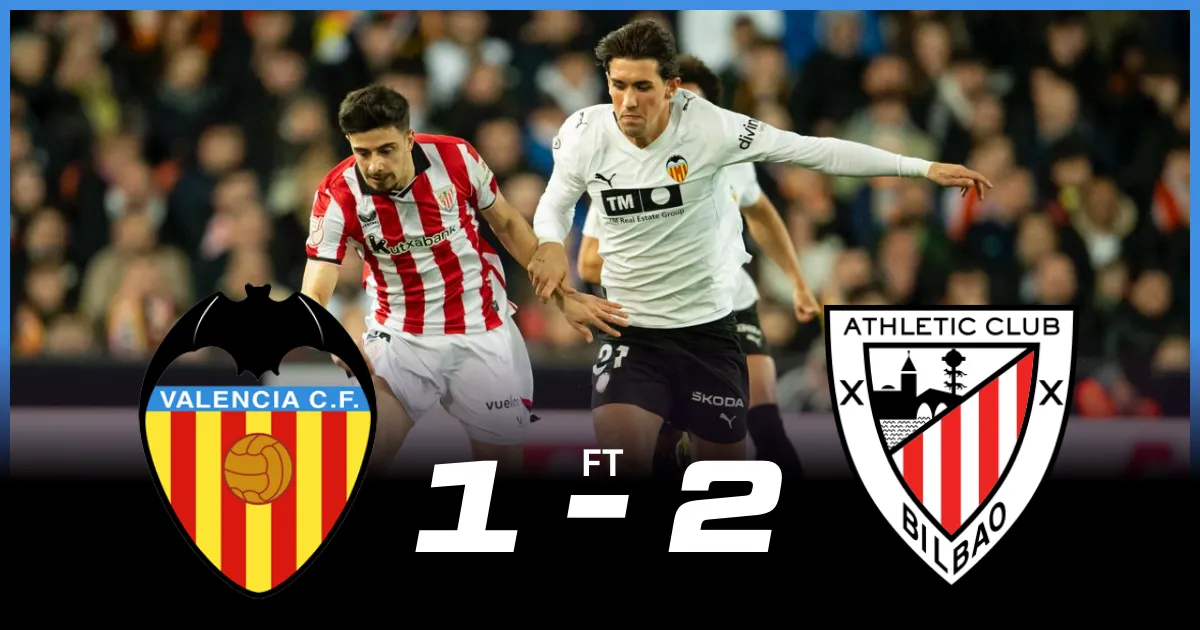
-1770218961694.webp)
-1769770982429.webp)
